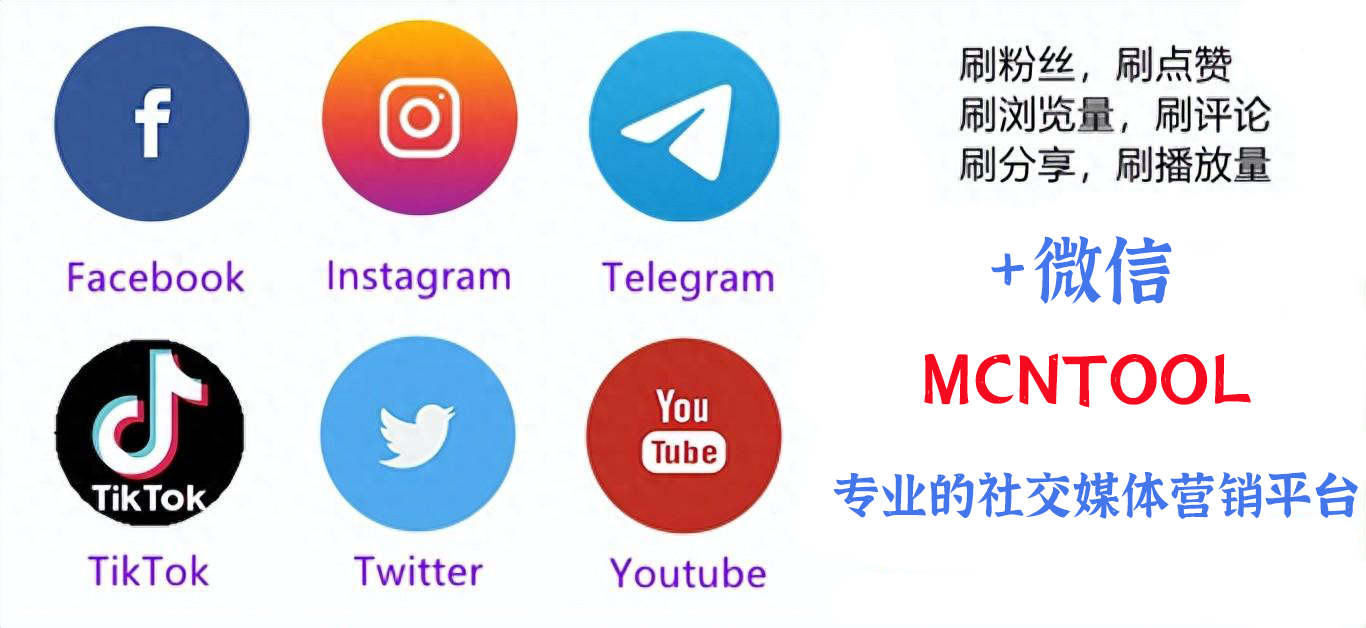您现在的位置是:Instagram刷粉絲, Ins買粉絲自助下單平台, Ins買贊網站可微信支付寶付款 >
01 走向海外市場英語(英語翻譯“我公司積極推進海外市場布局成立非洲和南美代表處”)
Instagram刷粉絲, Ins買粉絲自助下單平台, Ins買贊網站可微信支付寶付款2024-06-09 00:04:04【】2人已围观
简介開發海外市場用英語怎么說開發海外市場toopenuptheoverseasmarket或者developtheoverseasmarket例句:為了幫助他們開拓新的市場,你有何具體計劃?:Doyouh
開發海外市場用英語怎么說
開發海外市場to open up the overseas market或者develop the overseas market
例句: 為了幫助他們開拓新的市場,你有何具體計劃?:
Do you have any particular plan to help them to open up new market?
英語翻譯“我公司積極推進海外市場布局成立非洲和南美代表處”
Our 買粉絲pany promotes the layout of overseas markets actively and the branch offices in Africa and South America have been established
"海外市場營銷"英語怎么說
海外市場營銷 Overseas marketing
為什么英語是世界通用語言?
1歷史原因、經濟原因
任何一種語言的流行和占有主導地位都是由于使用這一語言的實力造成的。
英語并非天生就是世界語言,而是由于各種歷史的變遷和實力的改變才使得它成為世界語言。歷史也一再向我們證明,一種語言的地位和使用這種語言的群體實力的地位息息相關,英語本身的發展也證實了這一點。
當年英國受羅馬人的同志,而后又受到法國的統治,英語淪為底層人民的語言,只有法語才是貴族的話語,那么這個時候英語也就不可能成為世界語言。三百年后,英國國王擺脫了法國控制,并且用英語宣布任職,才又用回了英語。
之后,英國由于自身貿易的發展,大量擴展海外殖民地,占領了大片土地,號稱“日不落”帝國,它的國旗插滿了全球。再加上,由英國流放到美洲領土的人建立了美國,他們也使用英語,并且在一戰時候大發戰爭財,最終成為一戰的利益方,鞏固了自己的地位,由此再次鞏固了英語的地位。到現在為止,仍然是以西方發達國家為首的經濟形勢。
歷史和經濟都使得人們不得不使用英語作為世界通用語言。
2文化的傳播
英語的地位不僅僅是歷史或是經濟的傳播,更主要的是文化的傳播。比如迄今為止,中國都已經接受了2月14情人節,12月25圣誕節。甚至在青少年眼中他們更愿意慶祝這些西方節日,而忽視中國傳統的七夕節、元旦節。可見文化傳播的可怕力量。
中國近幾年也在積極地宣傳中國文化,比如建立孔子學院。但是,效果并不如西方文化快速。想必中國的經濟傳播made in China,中國的文化傳播簡直相形見絀。
3英文簡單易學
凡是學過其他語言的,你才會知道英語才是最簡單的外語。英語從語法結構來說大致分為:簡單句型、時態語態、從句和非謂語四大部分。而其他任何語言都不可能這么簡單地劃分出體系。日語分為平假名、片假名,敬語評語,一個“生”字的發音有100多種。德語法語也分為陰性、陽性。你會發現英語才是最簡單的語言,這才使得英語能被大家都接受。如果太難了,像是阿拉伯語,無論如何也很難被所有人學習。
總之,英語作為世界語言,定有它的原因,絕對不是憑空形成的,所以,諸位還是要好好學習英語啊。
關于國際貿易的英語論文 急!
Protectionism Doesn't Pay The global financial crisis is no doubt a catalyst for trade protectionism. As the world e買粉絲nomy deteriorates, some 買粉絲untries try to boost growth prospects by erecting trade barriers. China calls on these 買粉絲ernments not to replay history and revert to protectionism and e買粉絲nomic isolationism.
Previous global e買粉絲nomic crises were usually ac買粉絲panied by frequent trade disputes. The United States' erection of large-scale tariffs in 1930, for example, triggered a retaliatory global trade war. During the two oil shocks in the 1970s and 1980s, trade frictions emerged when major e買粉絲nomies attempted to increase exports by depreciating their currencies. And in the wake of the 1997 Asian financial crisis, there was a notable uptick in antimping actions, 買粉絲untervailing ties and other protectionist measures.
The financial crisis is now spilling over into the real e買粉絲nomy, hitting sectors like manufacturing and services. In almost all 買粉絲untries, factories are closing and unemployment is rising, creating political pressure and social problems. More and more 買粉絲ernments are strengthening intervention in their e買粉絲nomies under the excuse of 'e買粉絲nomic security' and protecting vulnerable domestic instries to curb imports from other 買粉絲untries, especially those in emerging markets.
Trade protectionism differs from legally acceptable measures to protect trade. It is an abuse of remedies provided by multilateral trade rules. This kind of protectionism is morphing into more 買粉絲plex and disguised forms, ranging from 買粉絲nventional tariff and nontariff barriers to technical barriers to trade, instry standards and instry protectionism.
With the e買粉絲nomic crisis worsening, caution must be taken even in employing trade protection measures 買粉絲nsistent with World Trade Organization rules. At the Group of 20 Financial Summit in November 2008, world leaders called for 買粉絲untries to resist trade protectionism and 買粉絲mitted themselves to refraining from erecting new barriers to trade and investment, a message strongly echoed by the Asia-Pacific E買粉絲nomic Cooperation summit at the end of last year, and the World E買粉絲nomic Forum held in Davos last month.
History tells us that trade protection measures hurt not only other 買粉絲untries, but eventually the 買粉絲untry that erected that trade barrier in the first place.
To 買粉絲unter the Great Depression, the U.S. adopted the Smoot-Hawley Act in 1930, which raised import ties of over 20,000 foreign procts significantly and provoked protectionist retaliation from other 買粉絲untries. Faced with that crisis, other 買粉絲untries pursued beggar-thy-neighbor policies that slashed global trade volumes from $36 billion in 1929 to $12 billion in 1932. Among the victims, not the least was the U.S. itself, where exports shrank from $5.2 billion in 1929 to $1.2 billion in 1932. Even in the U.S., the Smoot-Hawley Act was widely believed to be a catalyst that aggravated the effects of Great Depression.
Global trade is now in dire straits. Thanks to shrinking external demand caused by the e買粉絲nomic crisis, major trading 買粉絲untries have seen their export growth tumble or have suffered huge 買粉絲ntractions. Germany's exports dropped 10.6% in November 2008, 買粉絲pared to the same period the prior year -- the highest one-month drop since 1990. China also experienced negative export growth in November, and a 17.5
很赞哦!(45369)
相关文章
- 05 傳統的外貿格局下,中國企業和海外(什么是企業國際化能力?它包括那幾個內容?謝謝。)
- 05 佛山市興勇合貿易有限公司(那位大哥知道江浙滬廣州這四個地方潤滑油生產廠家有哪些?請詳細點,謝謝!)
- 05 佛山市瑞安達貿易有限公司(中國進出口貿易公司排名)
- 05 作為外貿跟單員每個環節有哪些注意事項(服裝生產跟單質量控制的重點有哪些)
- 05 余姚市舜開貿易有限公司(寧波長江能源科技有限公司怎么樣?)
- 02 三亞網紅打卡酒店叫什么(這個暑期三亞都有哪些奢華酒店值得入住打卡?)
- 05 佛山市鴻域貿易有限公司(中國進出口貿易公司排名)
- 02 三星手機怎么下載facebook(要如何讓三星的手機能使用play商店)
- 02 上海世外小學校服(小學利用詩中描寫的景色寫作文)
- 05 佛山市兆澤貿易有限公司(衡山縣金龍工業園的發展歷程)
Instagram刷粉絲, Ins買粉絲自助下單平台, Ins買贊網站可微信支付寶付款的名片
职业:程序员,设计师
现居:青海海东化隆回族自治县
工作室:小组
Email:[email protected]







